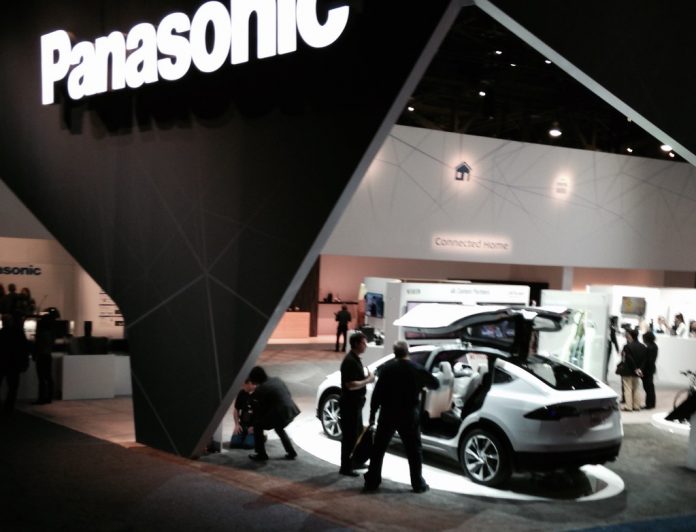New Florida law prohibits direct-to-consumer auto sales, except for electric vehicles, preserving the dealership model.
By Andrew Powell
(The Center Square) — Gov. Ron DeSantis signed a bill last week that will expand prohibitions on direct-to-consumer auto sales in Florida while exempting electric car manufacturers such as Tesla.
House Bill 637, sponsored by state Rep. Jason Shoaf, R-Port St. Joe, prohibits legacy automakers from offering online sales or direct-to-consumer options if the licensee has existing dealerships that sell its vehicles in the Sunshine State.
However, any person or entity that doesn’t already own independent dealerships can sell cars directly, including electric vehicle makers such as Rivian, Polestar, Lucid and Tesla.
The bill’s summary also states that automakers are prohibited from taking certain actions, including being unable to incentivize, restrict or require dealers to sell or lease vehicles at a specified price or profit margin. New franchise agreements with licensees are prohibited if the licensee does not include all “line makes.”
The state Libertarian Party assailed the new law as a barrier to the free market.
President of the Florida Automobile Dealers Association Ted Smith told The Center Square in an e-mailed statement the intent behind the bill was to protect the consumer and allow them to negotiate a better price.
“Dealers set their pricing after they buy the cars from GM or Ford. The customer gets the price advantage when dealers buy from legacy manufacturers and sell at whatever price they decide is necessary to meet their consumer’s demand,” Smith said.
According to Smith, the bill has not put legacy manufacturers at a disadvantage, as Florida law has always prevented licensees from owning dealerships and engaging in direct-to-consumer sales.
“Legacy manufacturers chose the dealership model many years ago and required local new car dealers to invest in the brand and take all of the risks associated with sales and marketing,” Smith said.
Smith stated that Tesla went unopposed by franchised new car dealers in Florida when it set up business in the state and has had licensed locations for years.
Smith added that Tesla selling vehicles directly does not give the company a competitive edge, as legacy automakers are also competing in the EV market, but will be restricted when setting prices with dealerships—giving customers a better deal.
“The results of the legislation will soon be perfectly obvious as legacy automakers and their dealers build and sell new EVs through local dealers heavily invested in their communities and blow the doors off of their EV direct-selling competitors at the factory price,” Smith said.
Mississippi passed a similar law this spring, but Mississippi’s measure has no carve-out for Tesla or any other EV manufacturer.
Originally published by The Center Square. Republished with permission.
For more Budget & Tax News.











